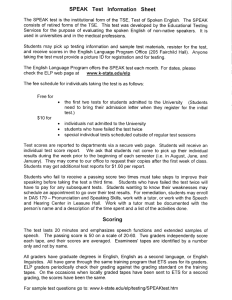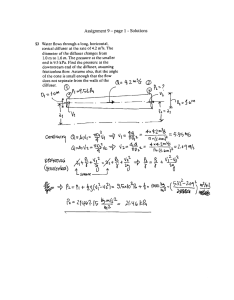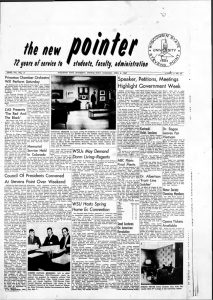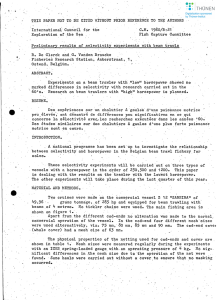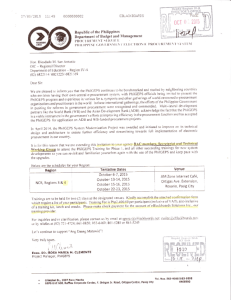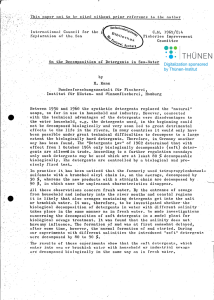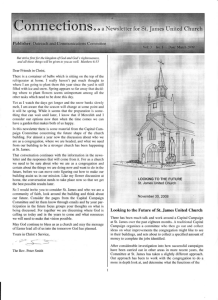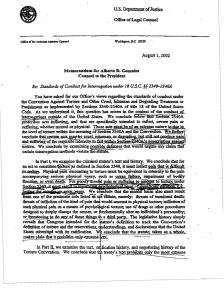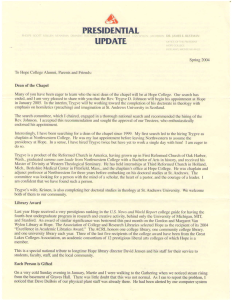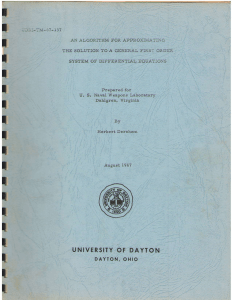Project Title: Expanding the Teaching Health Center Highway to
advertisement
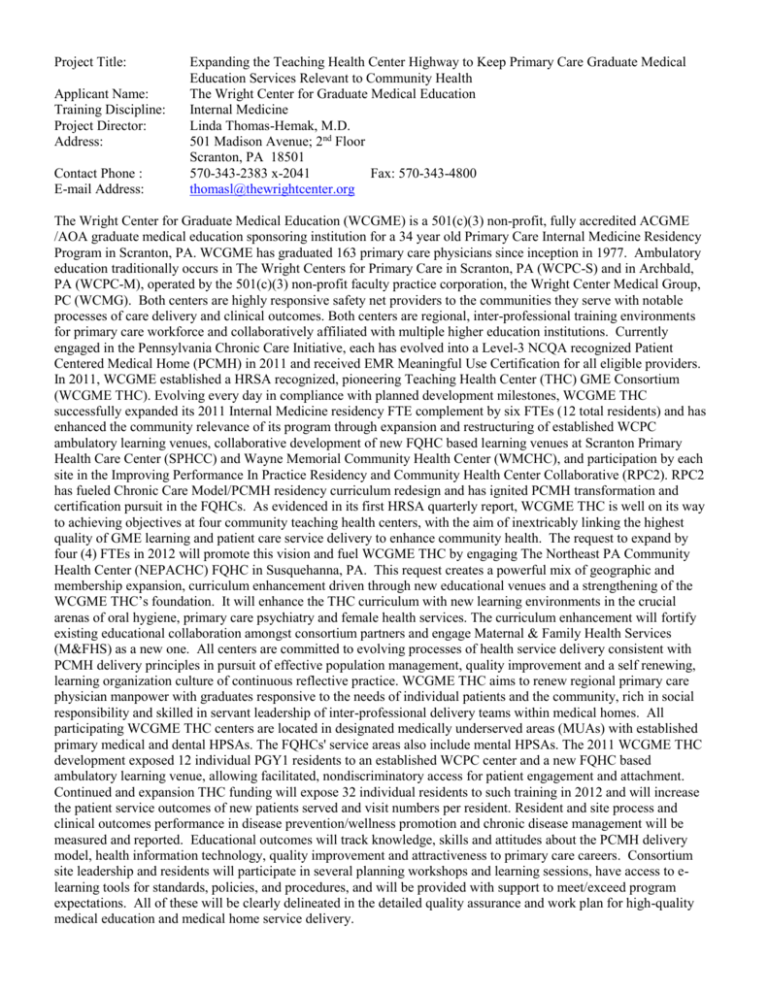
Project Title: Applicant Name: Training Discipline: Project Director: Address: Contact Phone : E-mail Address: Expanding the Teaching Health Center Highway to Keep Primary Care Graduate Medical Education Services Relevant to Community Health The Wright Center for Graduate Medical Education Internal Medicine Linda Thomas-Hemak, M.D. 501 Madison Avenue; 2nd Floor Scranton, PA 18501 570-343-2383 x-2041 Fax: 570-343-4800 thomasl@thewrightcenter.org The Wright Center for Graduate Medical Education (WCGME) is a 501(c)(3) non-profit, fully accredited ACGME /AOA graduate medical education sponsoring institution for a 34 year old Primary Care Internal Medicine Residency Program in Scranton, PA. WCGME has graduated 163 primary care physicians since inception in 1977. Ambulatory education traditionally occurs in The Wright Centers for Primary Care in Scranton, PA (WCPC-S) and in Archbald, PA (WCPC-M), operated by the 501(c)(3) non-profit faculty practice corporation, the Wright Center Medical Group, PC (WCMG). Both centers are highly responsive safety net providers to the communities they serve with notable processes of care delivery and clinical outcomes. Both centers are regional, inter-professional training environments for primary care workforce and collaboratively affiliated with multiple higher education institutions. Currently engaged in the Pennsylvania Chronic Care Initiative, each has evolved into a Level-3 NCQA recognized Patient Centered Medical Home (PCMH) in 2011 and received EMR Meaningful Use Certification for all eligible providers. In 2011, WCGME established a HRSA recognized, pioneering Teaching Health Center (THC) GME Consortium (WCGME THC). Evolving every day in compliance with planned development milestones, WCGME THC successfully expanded its 2011 Internal Medicine residency FTE complement by six FTEs (12 total residents) and has enhanced the community relevance of its program through expansion and restructuring of established WCPC ambulatory learning venues, collaborative development of new FQHC based learning venues at Scranton Primary Health Care Center (SPHCC) and Wayne Memorial Community Health Center (WMCHC), and participation by each site in the Improving Performance In Practice Residency and Community Health Center Collaborative (RPC2). RPC2 has fueled Chronic Care Model/PCMH residency curriculum redesign and has ignited PCMH transformation and certification pursuit in the FQHCs. As evidenced in its first HRSA quarterly report, WCGME THC is well on its way to achieving objectives at four community teaching health centers, with the aim of inextricably linking the highest quality of GME learning and patient care service delivery to enhance community health. The request to expand by four (4) FTEs in 2012 will promote this vision and fuel WCGME THC by engaging The Northeast PA Community Health Center (NEPACHC) FQHC in Susquehanna, PA. This request creates a powerful mix of geographic and membership expansion, curriculum enhancement driven through new educational venues and a strengthening of the WCGME THC’s foundation. It will enhance the THC curriculum with new learning environments in the crucial arenas of oral hygiene, primary care psychiatry and female health services. The curriculum enhancement will fortify existing educational collaboration amongst consortium partners and engage Maternal & Family Health Services (M&FHS) as a new one. All centers are committed to evolving processes of health service delivery consistent with PCMH delivery principles in pursuit of effective population management, quality improvement and a self renewing, learning organization culture of continuous reflective practice. WCGME THC aims to renew regional primary care physician manpower with graduates responsive to the needs of individual patients and the community, rich in social responsibility and skilled in servant leadership of inter-professional delivery teams within medical homes. All participating WCGME THC centers are located in designated medically underserved areas (MUAs) with established primary medical and dental HPSAs. The FQHCs' service areas also include mental HPSAs. The 2011 WCGME THC development exposed 12 individual PGY1 residents to an established WCPC center and a new FQHC based ambulatory learning venue, allowing facilitated, nondiscriminatory access for patient engagement and attachment. Continued and expansion THC funding will expose 32 individual residents to such training in 2012 and will increase the patient service outcomes of new patients served and visit numbers per resident. Resident and site process and clinical outcomes performance in disease prevention/wellness promotion and chronic disease management will be measured and reported. Educational outcomes will track knowledge, skills and attitudes about the PCMH delivery model, health information technology, quality improvement and attractiveness to primary care careers. Consortium site leadership and residents will participate in several planning workshops and learning sessions, have access to elearning tools for standards, policies, and procedures, and will be provided with support to meet/exceed program expectations. All of these will be clearly delineated in the detailed quality assurance and work plan for high-quality medical education and medical home service delivery.
